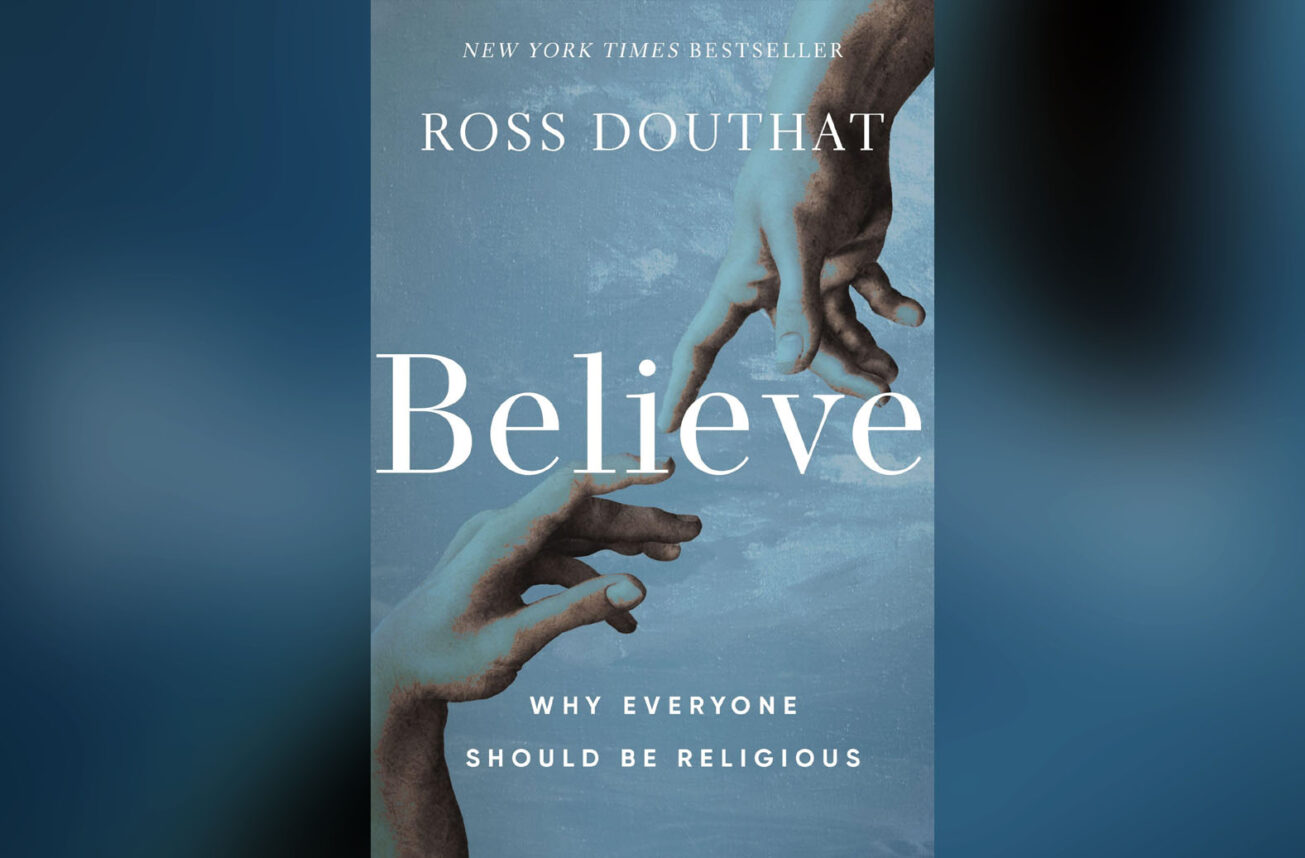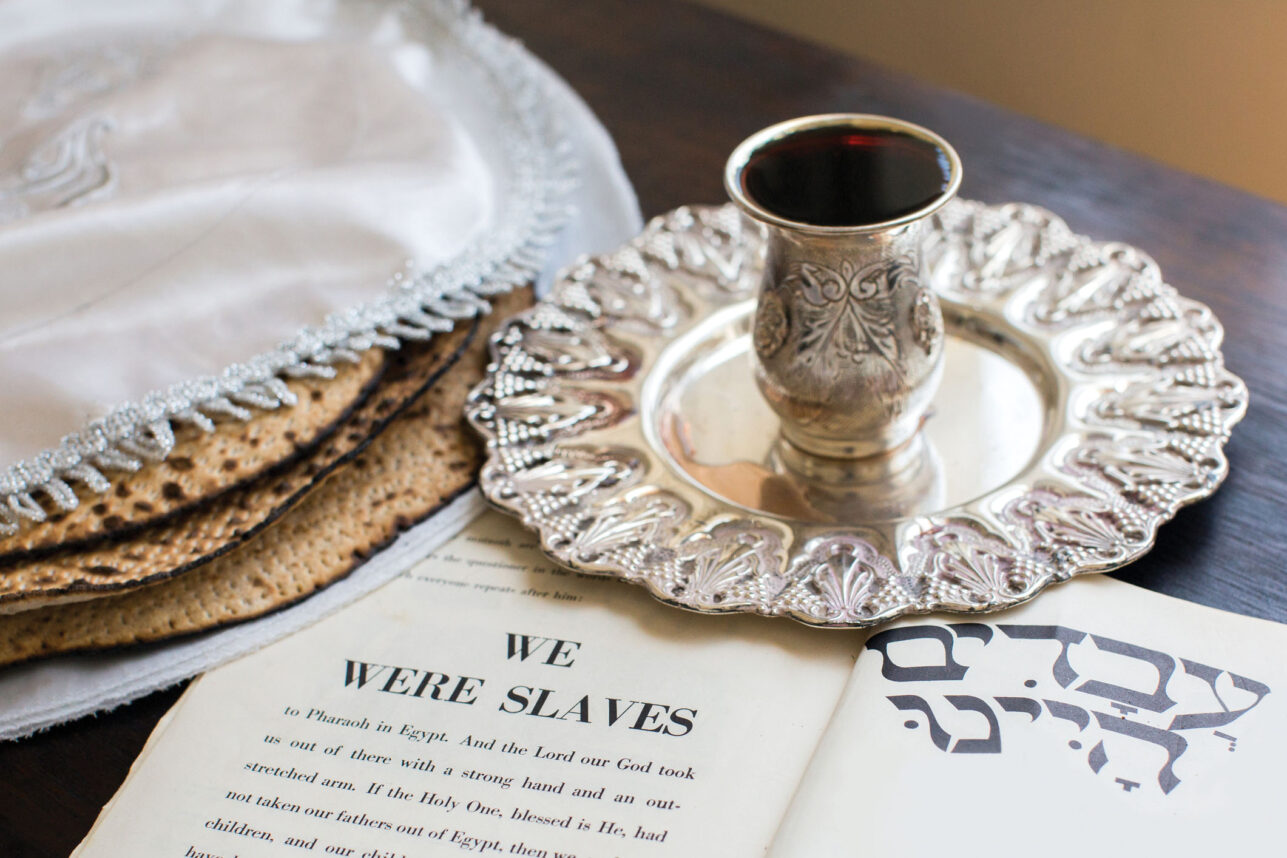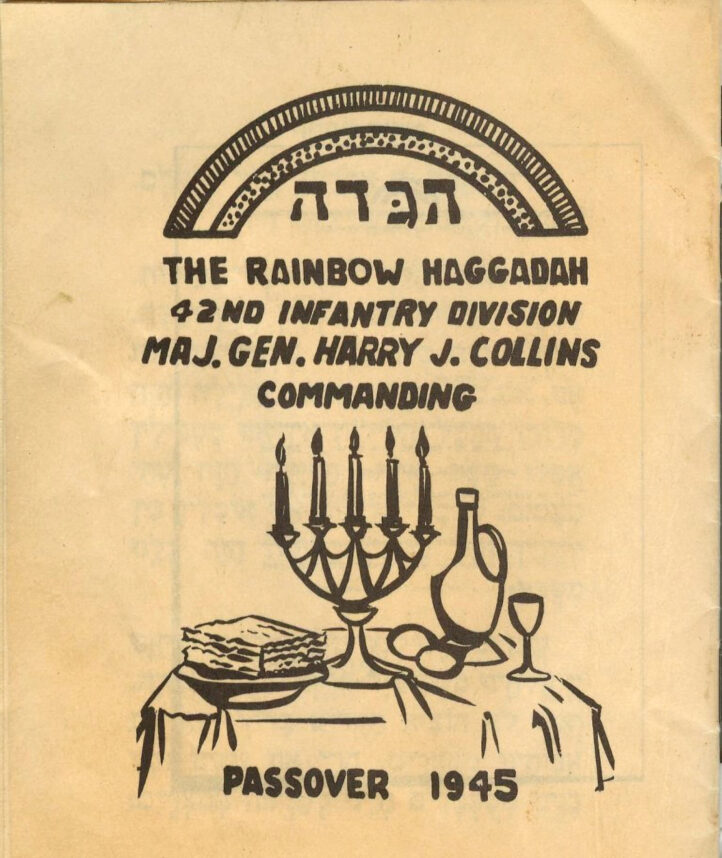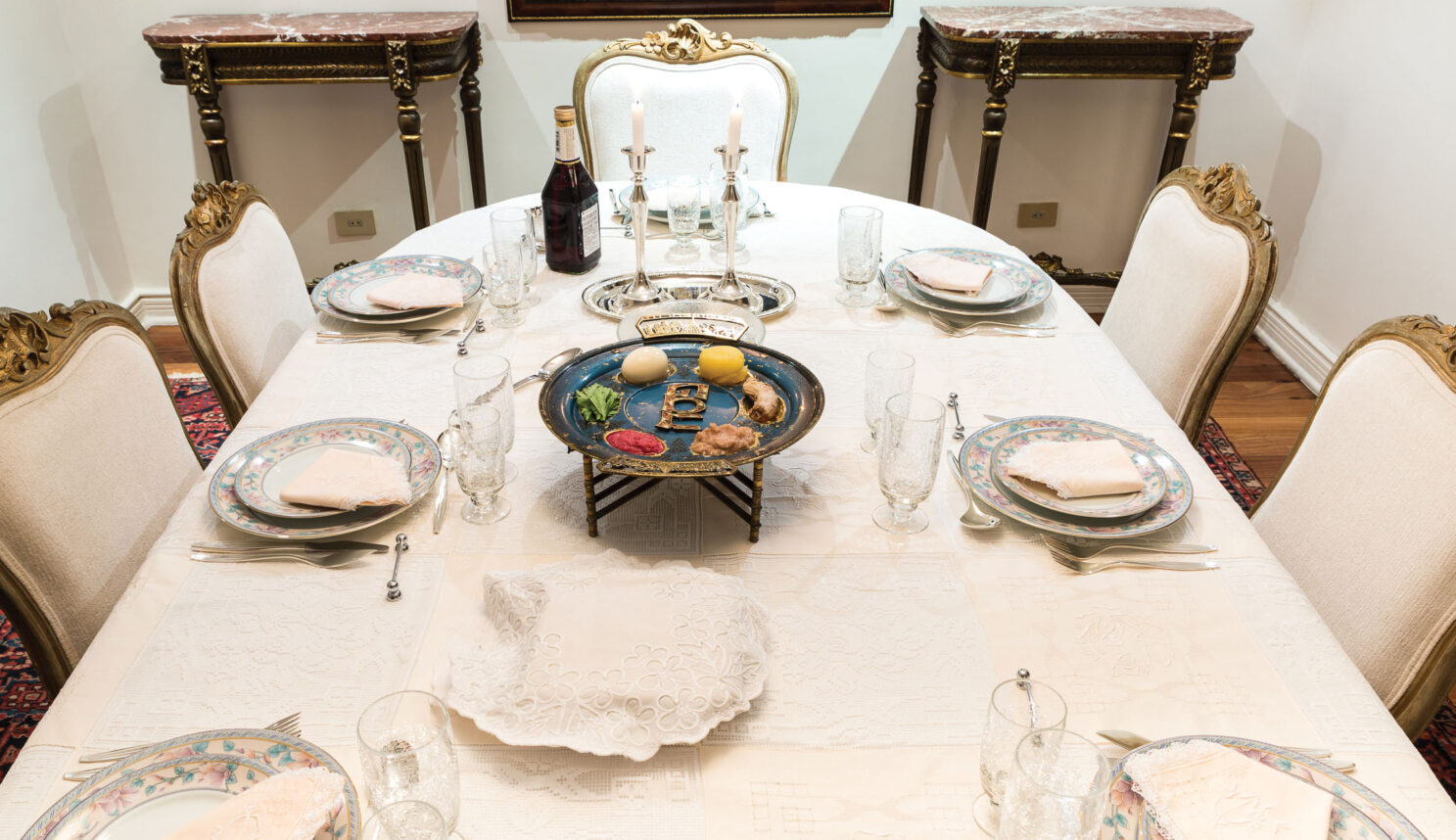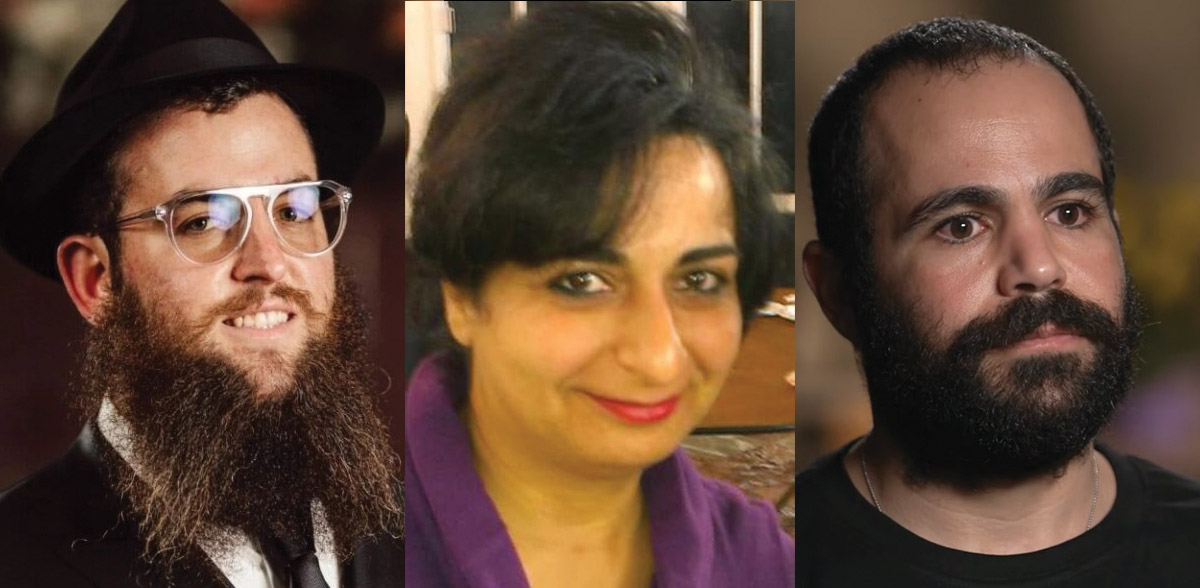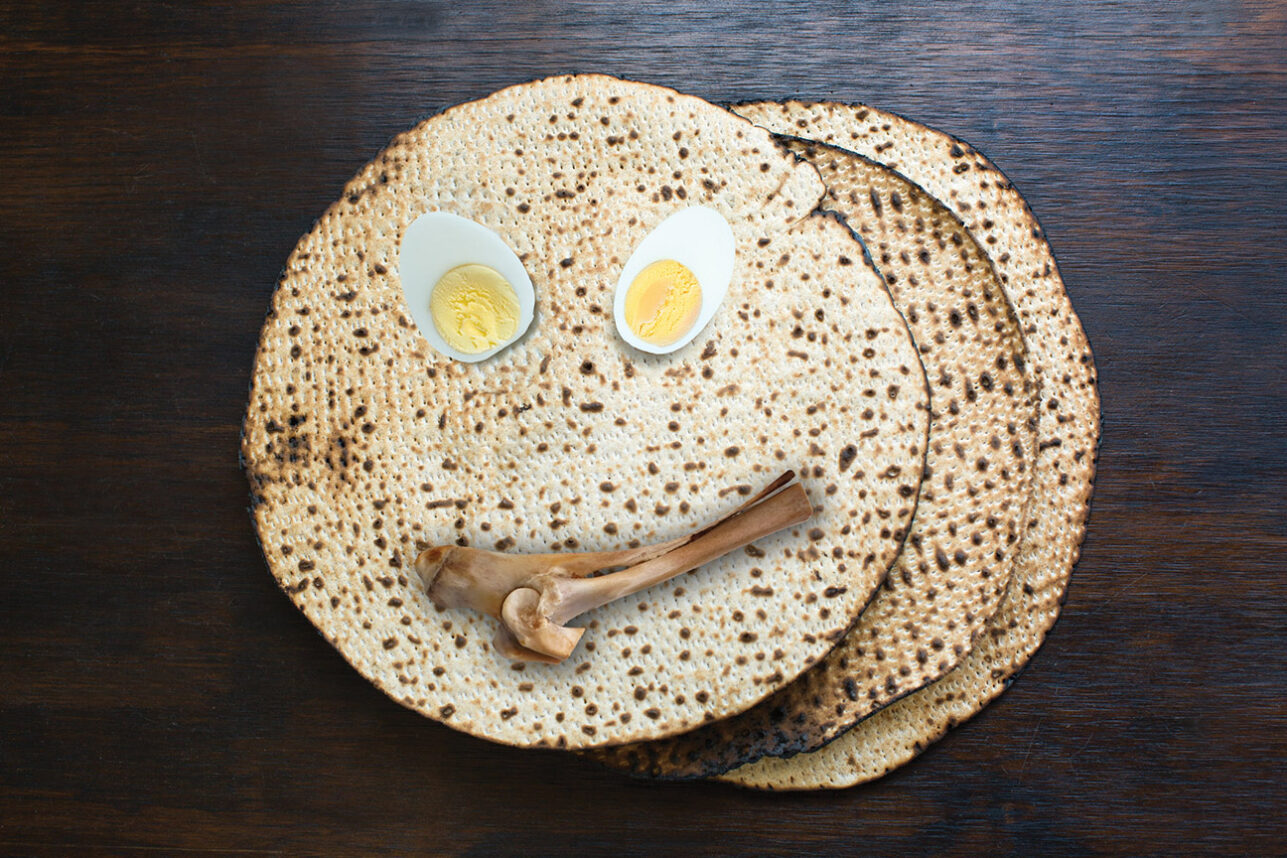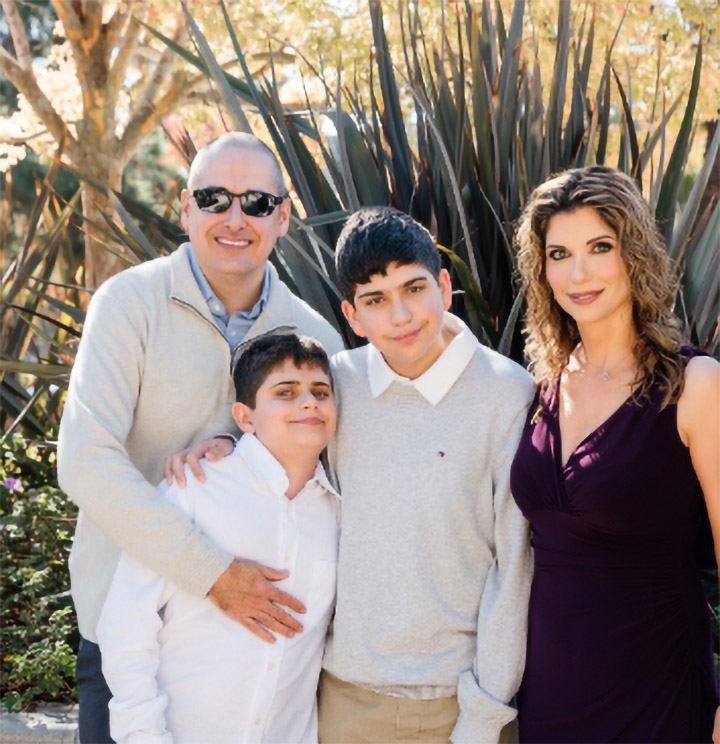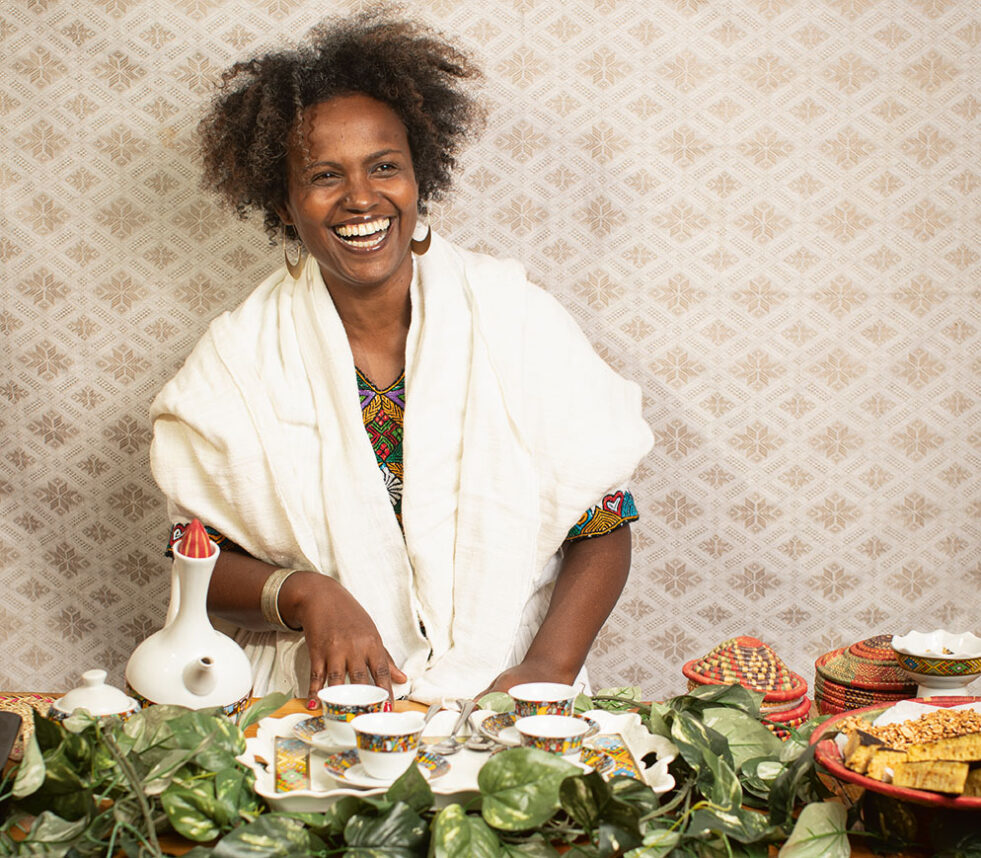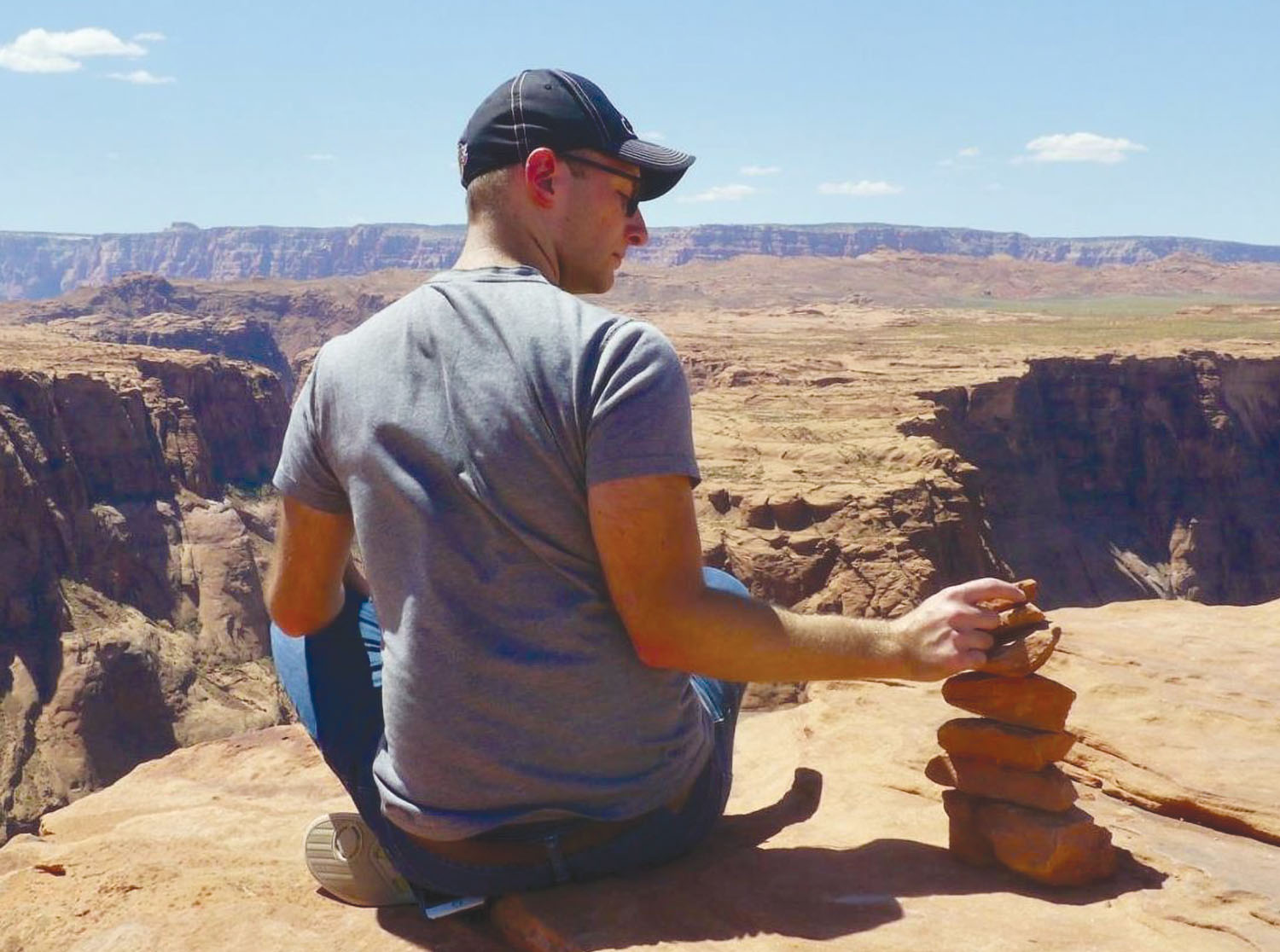
I met Rabbi Fink ten years ago in Los Angeles. I had just moved out with my family from New York and was having a hard time finding a rabbi I could relate to. I was raised Orthodox, in Monsey, New York, but had since lost some faith in the old-time religion. Eliyahu was also from Monsey, and like me he had also gone to rabbinical college and law school, but was now neither a rabbi nor a lawyer. He was a kindred spirit, a landsman, as we say in Yiddish, a fellow sojourner on the left coast. We met for lunch and ended up talking until dinner. We talked about gangsta rap, superhero movies, Game of Thrones, Lurianic Kabbalah, the Kabbalah Center, Reb Simcha Bunim of Peshischa, Rabbi Sharon Brous, Leonard Cohen, the holy and the profane, the high and the low, all woven into a Talmudic discourse. My wife texted me wondering where I was. “I made a new friend” I told her. By the time I dropped Eliyahu home, we were making plans to host a joint Rosh Hashana service at his home. I would lead the shacharit service and serve as Torah reader, he would blow the shofar and lead the mussaf service. Two Monsey boys, squinting into the California sun, to find some light.
That holiday, my family met the Finks. My wife Rivka and Eli’s wife Tova became friends. My kids, of similar ages to the Fink children, became pals. Our families were synched. Around his holiday table we met with a mix of the Jewish cognoscenti and the lost souls of Los Angeles, a colorful mix of the people in his ministry.
Eliyahu Fink had been the rabbi of the Shul on the Beach in Venice CA for the seven years prior. He had inherited a forlorn community, but was determined to breathe new life into it. On Shabbat he’d walk the boardwalk looking for wayward souls to bring into shul. On Simchat Torah, he would dance with the Torah out on the beach, his balding head burning in the sun, followed like the Pied Piper by the curious and the despondent, bringing them home to shul. The shul became a reflection of his open heart, his beautiful voice, his brilliant mind, his deep empathy for all human beings. Rabbi Fink was an Orthodox Liberal, a social progressive, a rockstar rabbi of sorts, named by The Forward in 2014 as one of America’s Most Inspiring Rabbis. He genuinely loved people, all people, the weirder the better because all are created in God’s image, all faces a shining reflection of the divine. He didn’t see that as a contradiction, but apparently some of his congregants did. In time the old guard of Venice decided to end his tenure on the beach.
Rabbi Fink no longer had a pulpit, but he still had a lot to say. He took his talents from the boardwalk to the internet. He became a social media rabbi and a blogger with a site called “Fink or Swim.” He loved tying Torah wisdom to pop culture, reveled in the online discourse, was never one to shy away from a good argument in the comments section. He was a rabbi at large in Tinseltown, a storyteller in a city built on stories. He went to work for Jewish Journal, producing digital content and writing a weekly column about pop culture and spirituality called “Soul of the Biz.” He wanted to tell stories.
He loved tying Torah wisdom to pop culture, reveled in the online discourse, was never one to shy away from a good argument in the comments section. He was a rabbi at large in Tinseltown, a storyteller in a city built on stories.
He had met a woman on the boardwalk in his Shul on the Beach days, a university professor from New York named Gilda Zwerman. Gilda had grown up in the Brownsville neighborhood in Brooklyn and had lived through the hard times of the 1960s when Jews and Blacks fought over the public schools. When the last of the Jewish families left for the suburbs in what is now known as white flight, Gilda stayed behind, the only Jewish girl left in the school. Eli wanted to tell Gilda’s story. I tried to talk him out of it, but he ended up talking me into it. Together, we optioned Gilda’s story and set about trying to produce a television series called “The Ville.” Rabbi Eliyahu Fink was now a Hollywood producer.
When Covid hit, we all retreated into our respective caves. Eli and I would talk but not as often. Still when we talked about the fallen world we lived in I took comfort in his optimism. Whenever we signed off, Eli would end by saying, “You’re the best.” Nobody ever said things like that to me anymore. It really felt good to hear it so I started making an effort to say it to people I appreciated. “You’re the best.”
Months went by and I got a call from my old hometown area code. It was my old friend Eli. He had moved back to Monsey. A year later we moved back to New York. When I visited him in his home office in Monsey, he showed me his merchandise, stacks of Nike boxes neatly arranged for resale on the internet. He was making a living, providing for his family. I was happy for him. I told him he was “the best.”
Here was a great rabbi, a wise sage, a visionary, selling stuff on the internet. We’d get into big conversations on “the Yanuka and post messianic messianism.” I’d still call him Rabbi Fink and he’d say, “I’m just Eli now.”
Eli Fink passed away on March 21 in a tragic accident on the Garden Parkway. He was 43.
He may have called himself Eli, but for me, he’ll always be my rabbi.
Jacob Septimus is a graduate of Columbia University Law School who has practiced intellectual property law and served as a media executive, producing numerous gold records and television programs for MTV, ABC and Channel4 UK.






